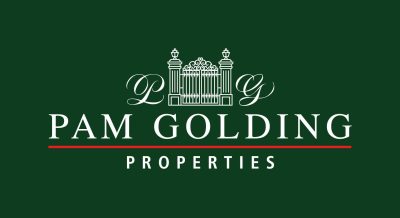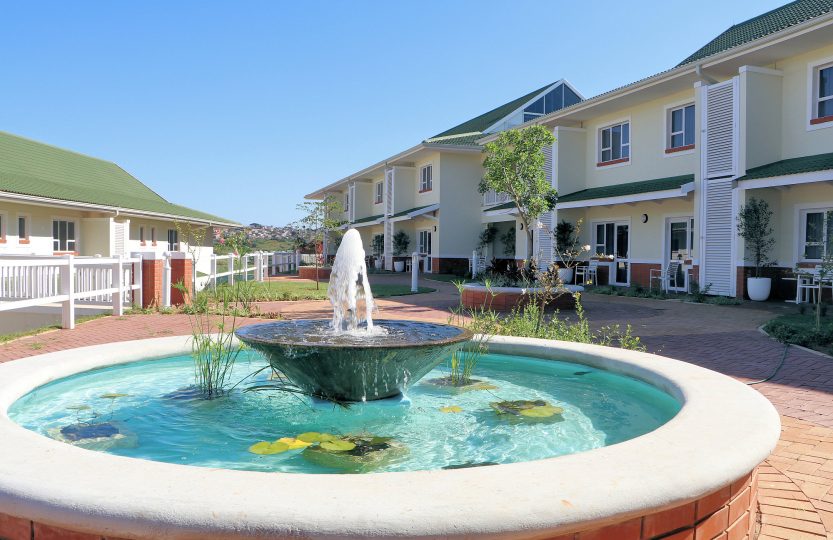While retirement in its broadest sense represents a change in lifestyle in one way or another, the fact is, the traditional concept of retirement has changed significantly over the past few decades, with, for example many people in their 60s still very active and in their 70s still working, says Dr Andrew Golding, chief executive of the Pam Golding Property group.
“These days, there’s also a tendency to think ahead regarding retirement from a younger age – perhaps looking to downscale once adult children move out of the house, to a home that will meet changing requirements both in the immediate and longer term.
“This sector wants retirement options that allow them to enjoy life, remaining active with access to a range of lifestyle activities such as golf, gym, yoga and the like, and with easy access to medical and other amenities. For this reason, lifestyle retirement villages and estates which offer these facilities, along with security, are becoming increasingly popular.
“And with more and more people in a work-from-home environment as a result of the lockdown, and perhaps intending to continue working from home in the future and into retirement, there are other considerations at play around living and work spaces.”
Dr Golding says those who are winding down their careers or working from home during their later years also want to live in a secure environment that offers a range of activities and amenities, without the hassle and additional expense of high maintenance costs. They seek a conveniently located, lock-up-and-go property that requires little attention, but still provides the comfort and luxury of an established home as well as independence.
“Positively, a growing awareness of the shortage of accommodation to cater for this ‘retirement’ sector of the market has resulted in developers starting to bring to market various products to help meet the ever-increasing demand.”
Currently, according to Stats SA, it is estimated that South Africans aged 60 and over comprise 9.1% of South Africa’s near 60 million (59.6 million in 2020) population. Over the past 11 years, from 2008 to 2019, the value of sales of retirement units rose from just under R2 billion in 2008 to R4.9 billion in 2019. The value of sales has risen by an average of 9.8% each year. In terms of units, sales rose from a low of 3 068 in 2010 to a high of 5 891 in 2017, before easing to 4 580 in 2019, reflecting the general housing market slowdown (Source Lightstone).
Says Sandra Gordon, Pam Golding Properties senior research analyst: “In recent years, property developers have begun launching sectional title units, freehold or full title homes within secure lifestyle estates in sought after locations and other developments to cater for the high demand.
“In many such instances, full title and sectional title ownership is geared specifically for over 50s who prefer to invest in actual property ownership which yields a solid capital return over time while providing flexibility, along with all the desired medical facilities and other amenities.”
Says Lanice Steward, head of training for Pam Golding Properties: “If you purchase a sectional title unit within a complex then you are acquiring a ‘section’ (unit) and a share of the common property, whereas with a full title or freehold purchase, you have full ownership which means that both the home and the erf or land it is situated on are transferred to you and you are not beholden to any Body Corporate.
“Another benefit is if you acquire a freehold property within a development off-plan, if eligible for a bond you can secure your unit with a deposit of approximately 10% and have time to pay off the balance.”
For further information email retha.schutte@pamgolding.co.za

